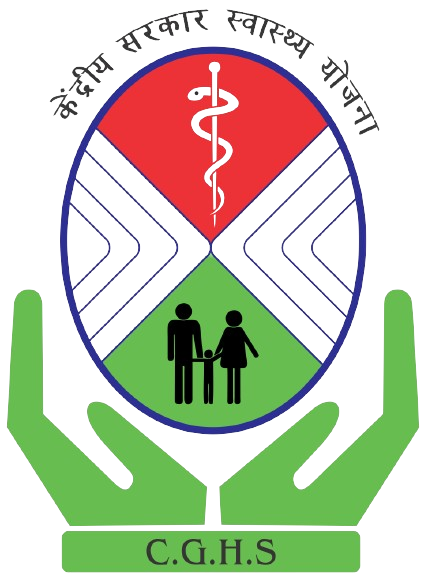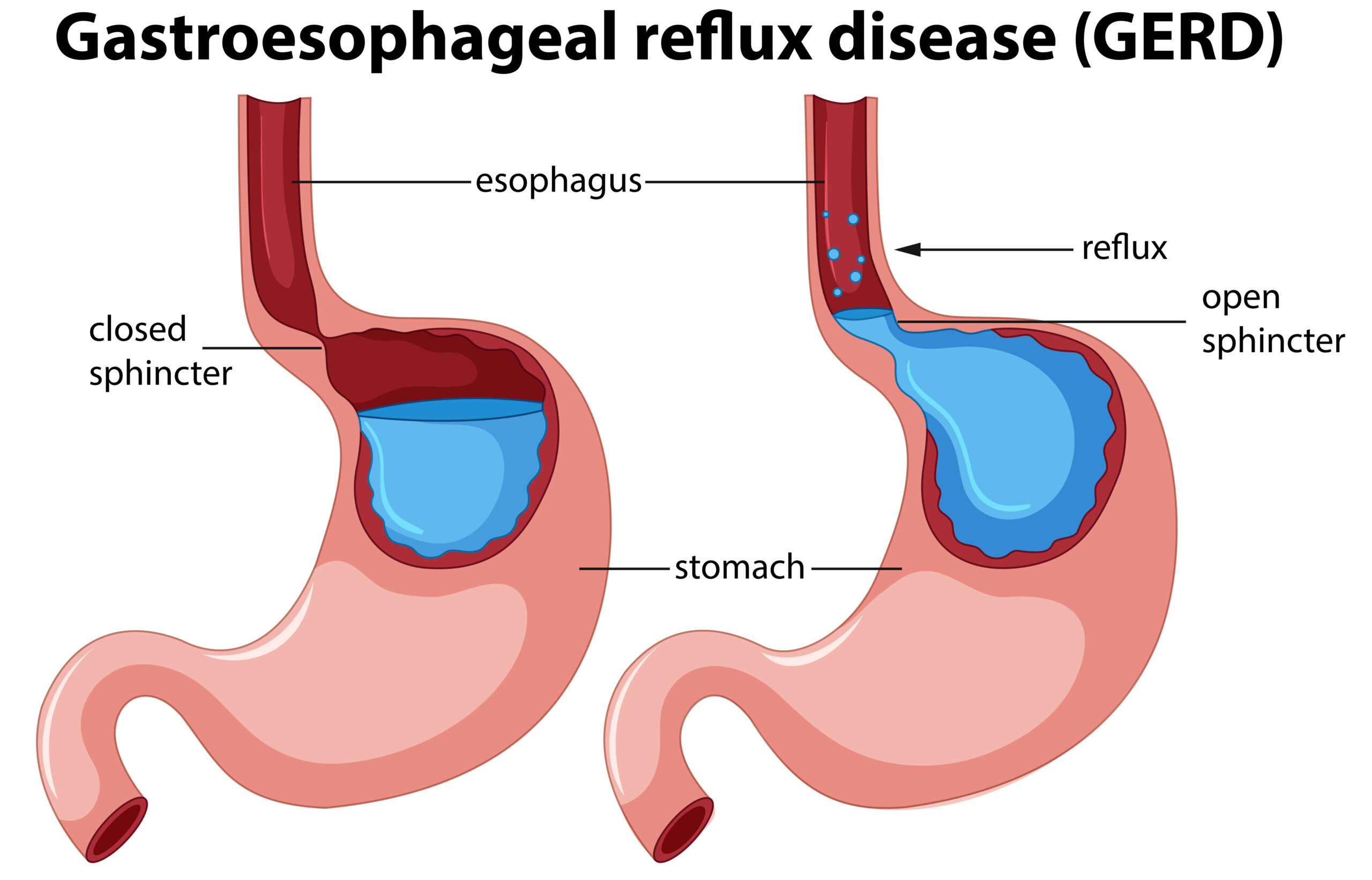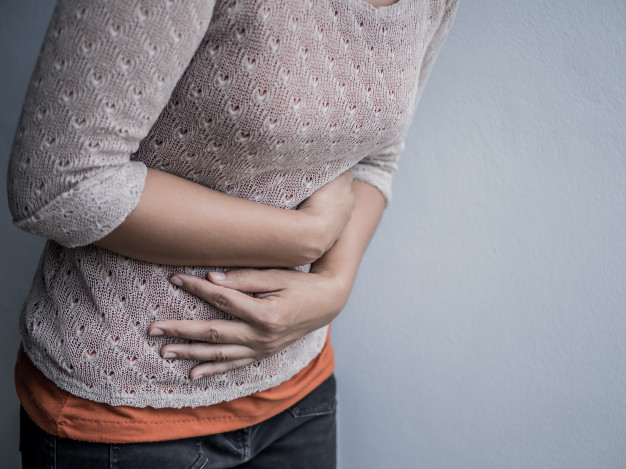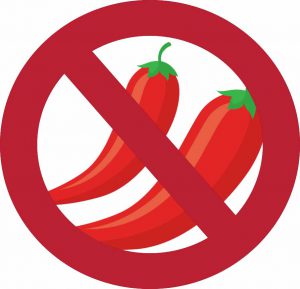Gastro-Oesophageal Reflux
Gastroesophageal reflux disease (GERD), also known as acid reflux, is a long-term condition where stomach contents come back up into the esophagus resulting in either symptoms or complications. Symptoms include the taste of acid in the back of the mouth, heartburn, bad breath, chest pain, vomiting, breathing problems, and wearing away of the teeth. Complications include esophagitis, esophageal strictures, and Barrett’s esophagus.







